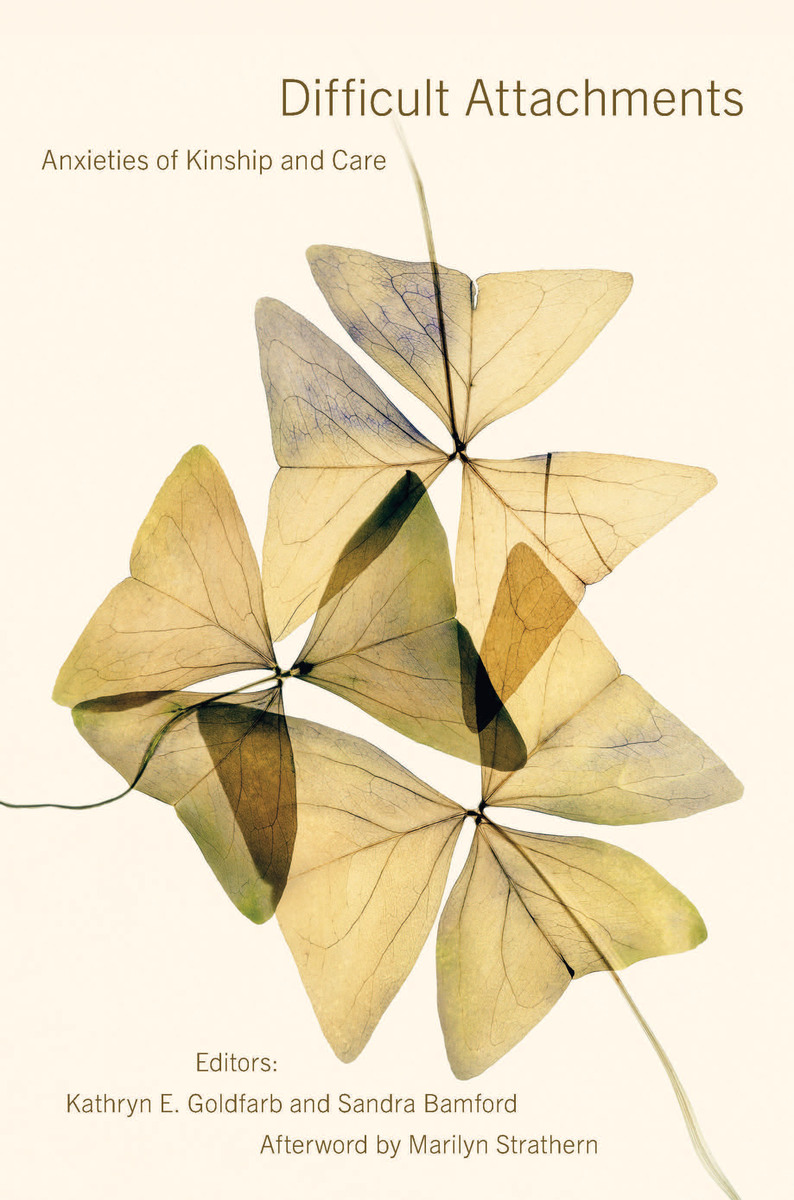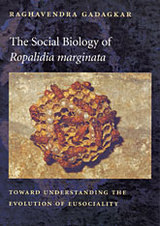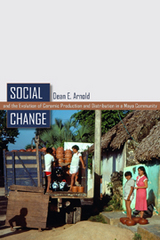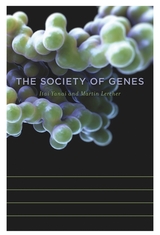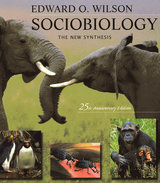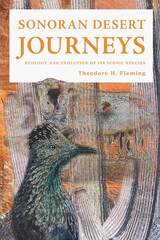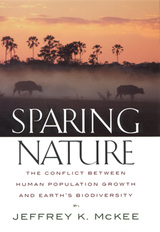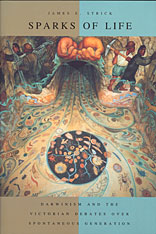Difficult Attachments: Anxieties of Kinship and Care
Rutgers University Press, 2025
eISBN: 978-1-9788-4141-3 | Cloth: 978-1-9788-4143-7 | Paper: 978-1-9788-4142-0
See other books on: Care | Children's Studies | Kinship | Marriage & Family | Race & Ethnic Relations
See other titles from Rutgers University Press
eISBN: 978-1-9788-4141-3 | Cloth: 978-1-9788-4143-7 | Paper: 978-1-9788-4142-0
ABOUT THIS BOOK | AUTHOR BIOGRAPHY | REVIEWS
ABOUT THIS BOOK
Anthropologists have long considered kinship as the basis for social solidarity. Indeed, the idea that kinship is grounded in positive sociality has found its way into most anthropological accounts and has served as an orienting framework directing decades of scholarly research. But, what about when it is not? What about instances when kinship is anything but ‘warm and fuzzy’, but is characterized, instead, by neglect, violence, negative affect, or a lack of nurturance and care? In the three interlinked sections of this volume, the view that kinship is about “solidarity” and “care” is challenged by exploring how kin relations are not only about connection and inclusion, but are also about disconnection, exclusion, neglect, and violence. Kinship relationships that feel “positive” and “good” take a great deal of perseverance and work; there is nothing “natural” about kinship ties as being based on positive sociality. In these chapters, the contributors take seriously the contingency of kinship relations (the moments when kinship breaks down or is a source of suffering) and how this prompts scholars to develop new theoretical and methodological perspectives.
See other books on: Care | Children's Studies | Kinship | Marriage & Family | Race & Ethnic Relations
See other titles from Rutgers University Press
